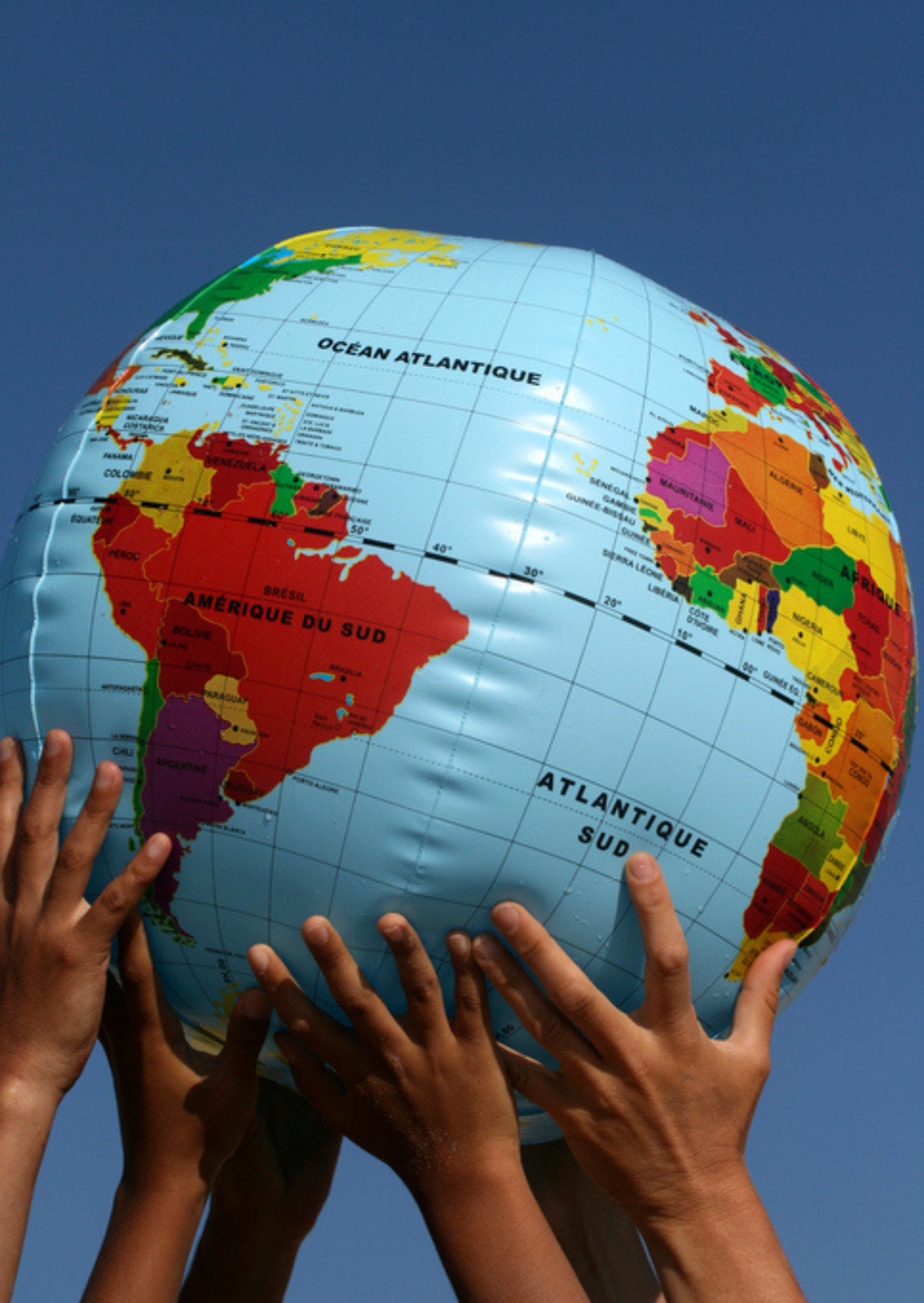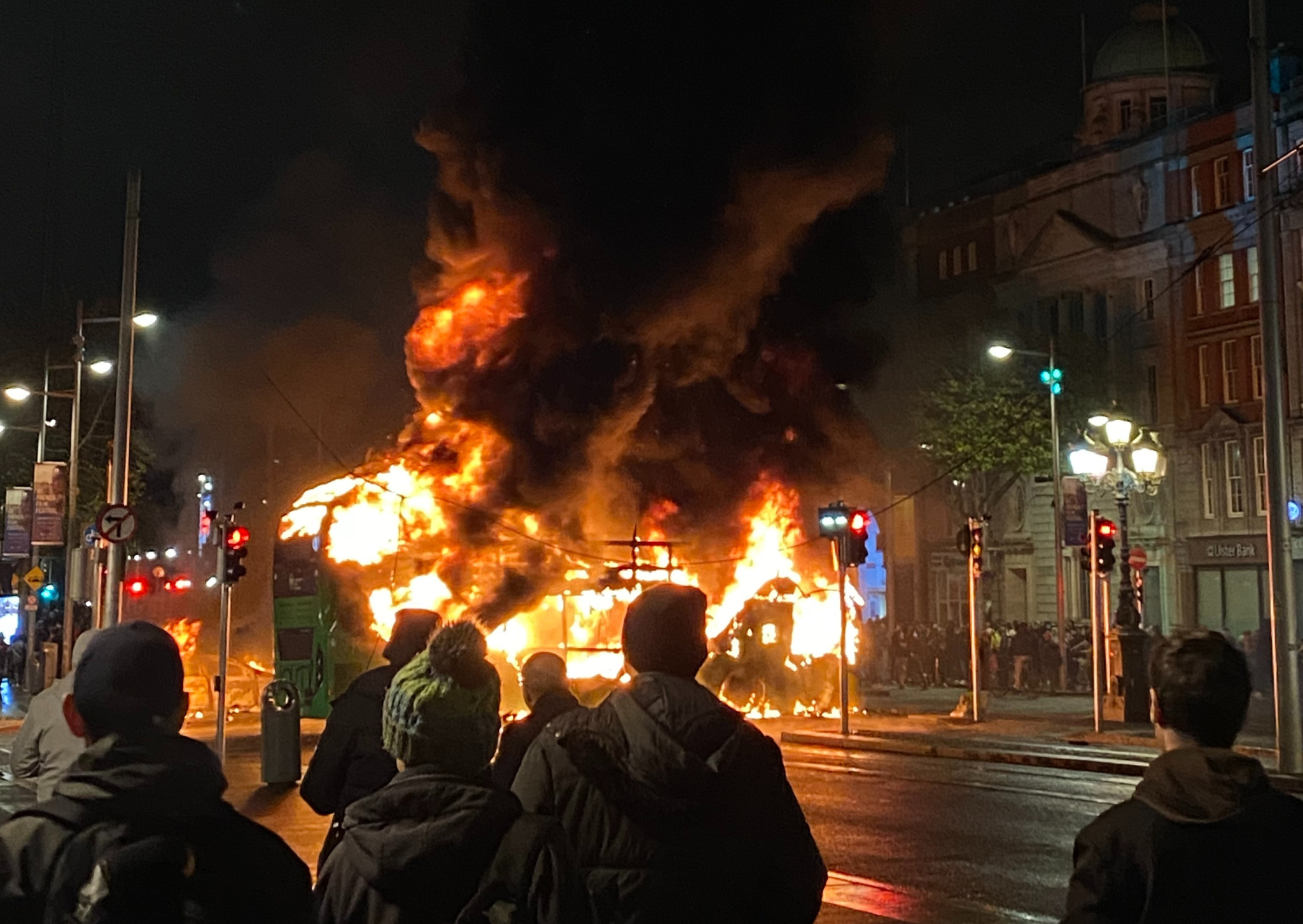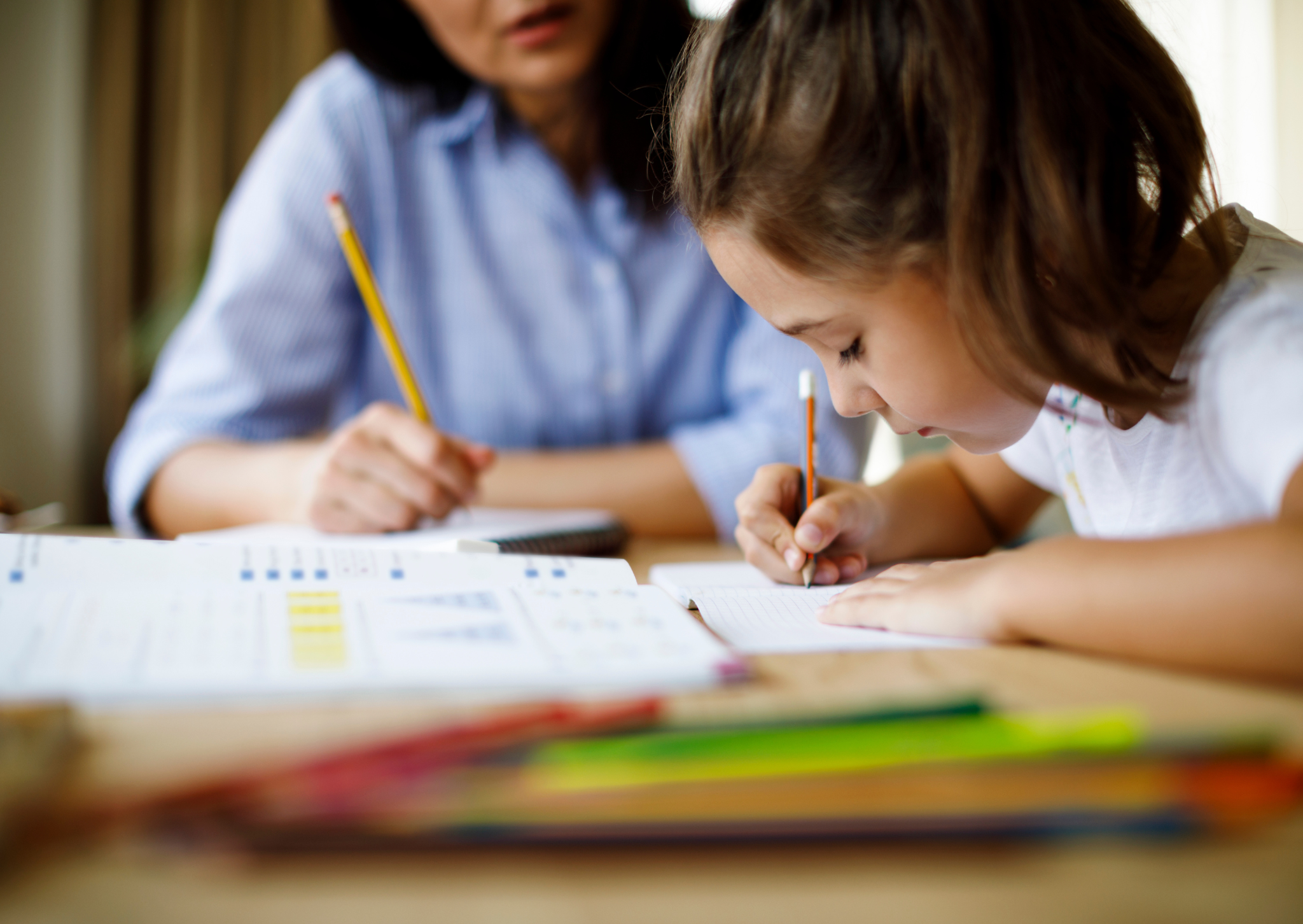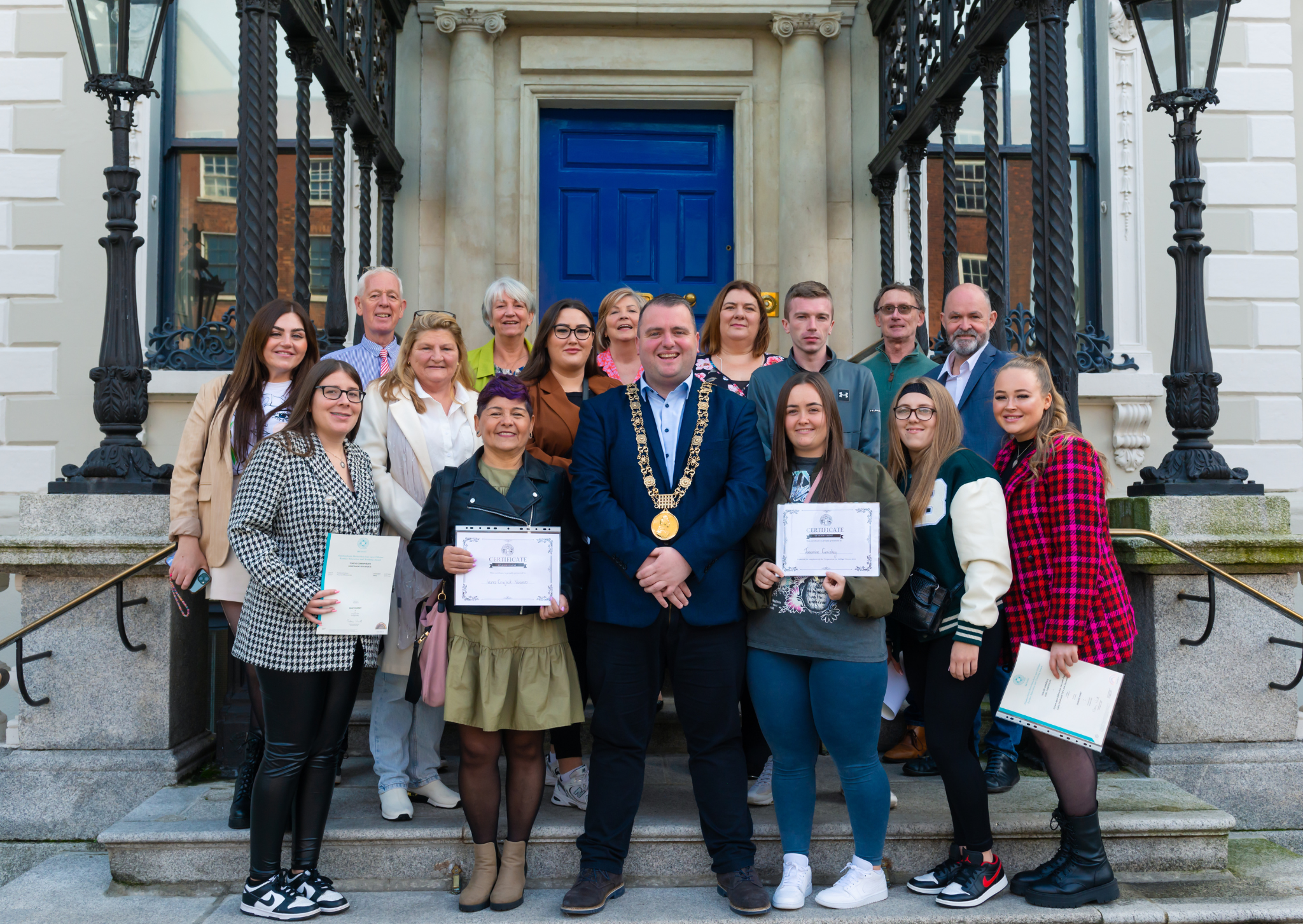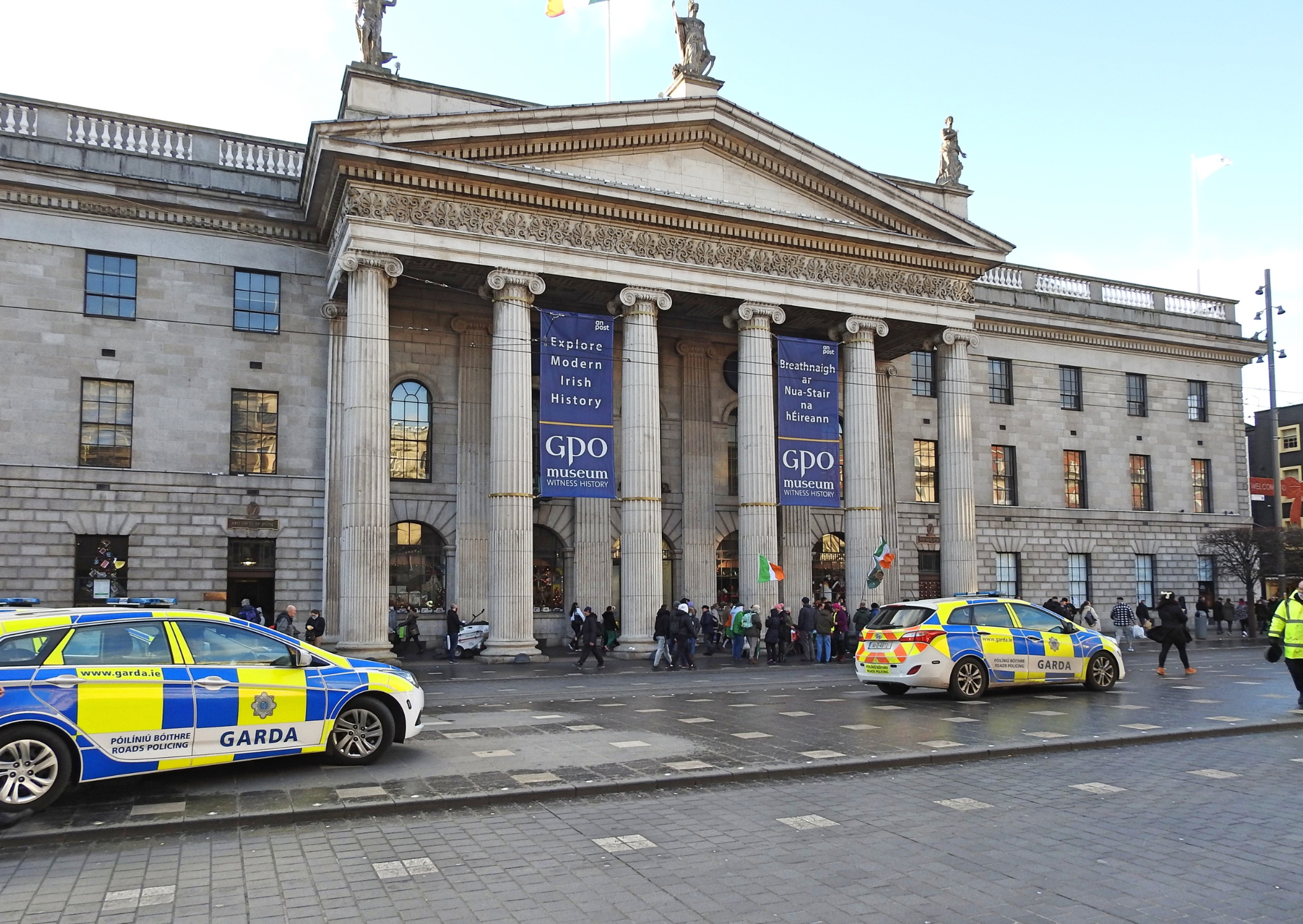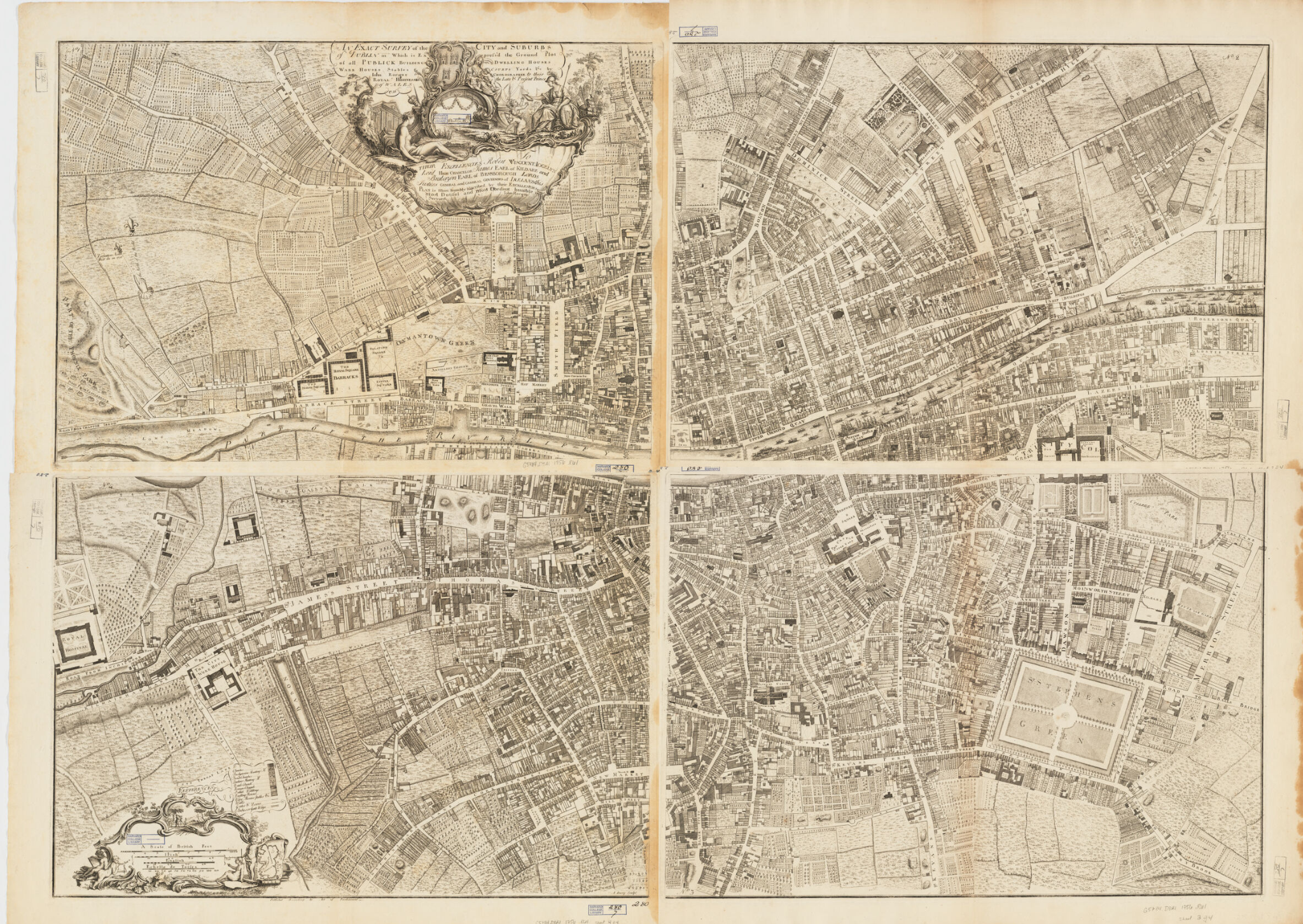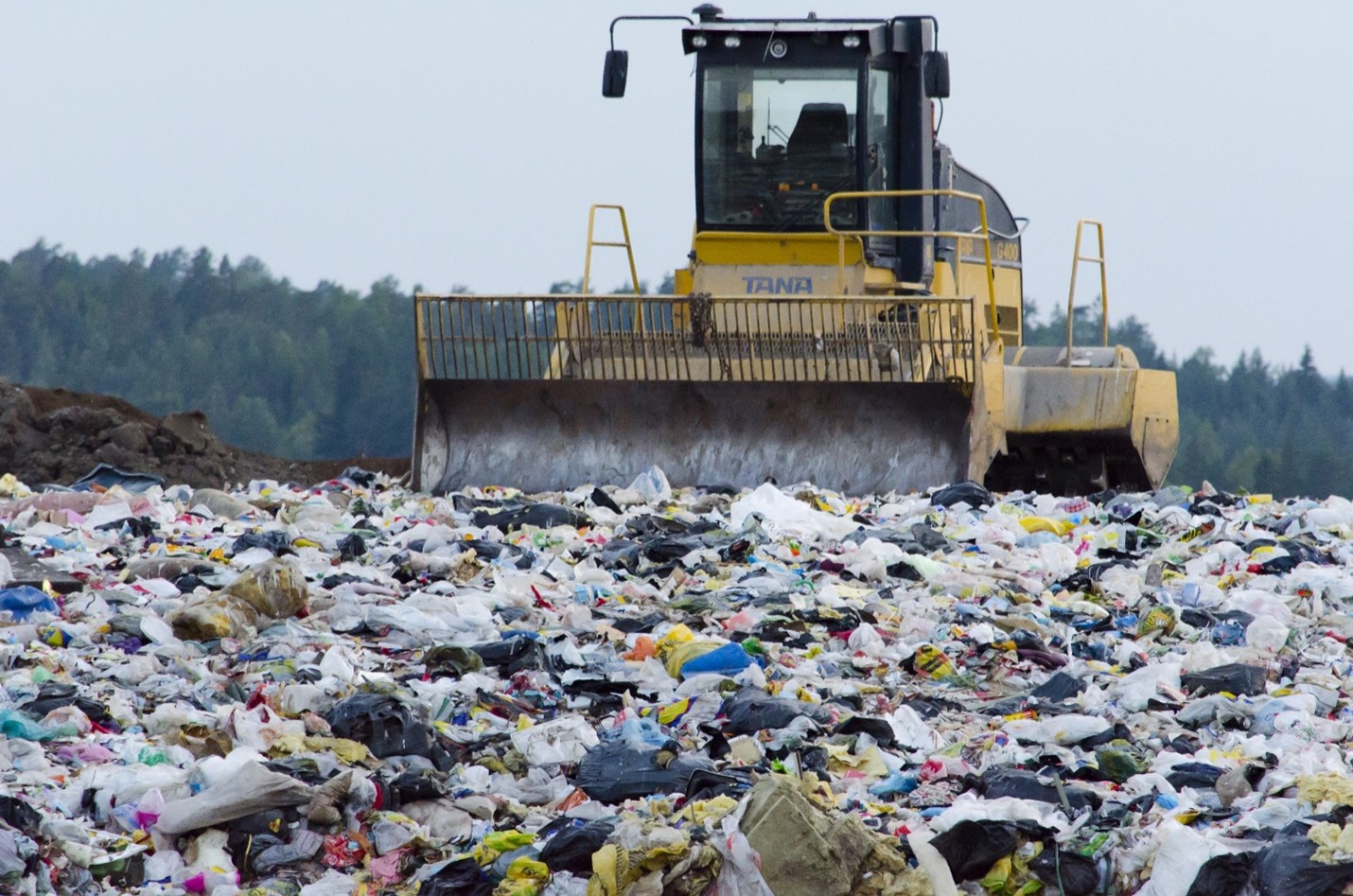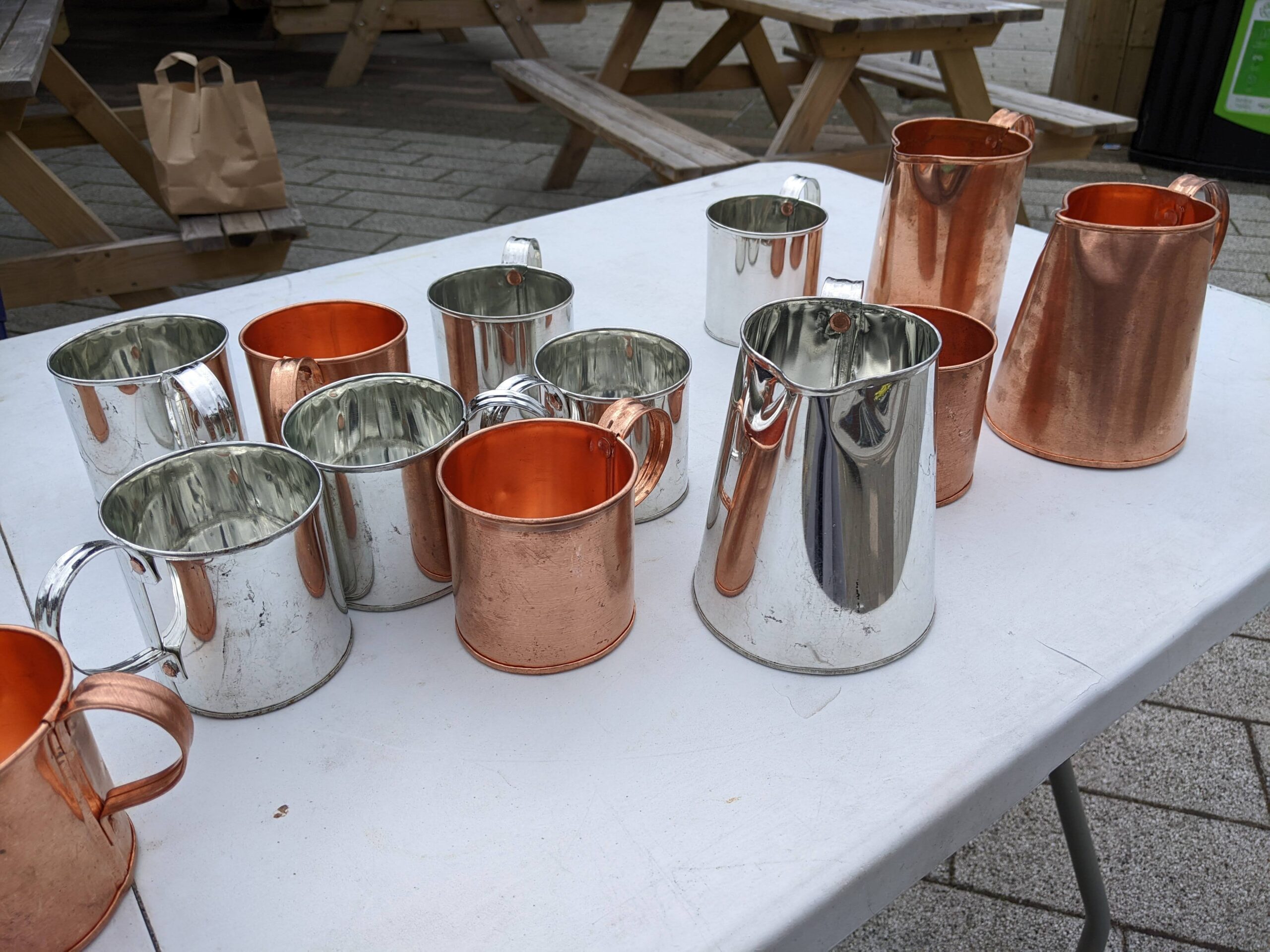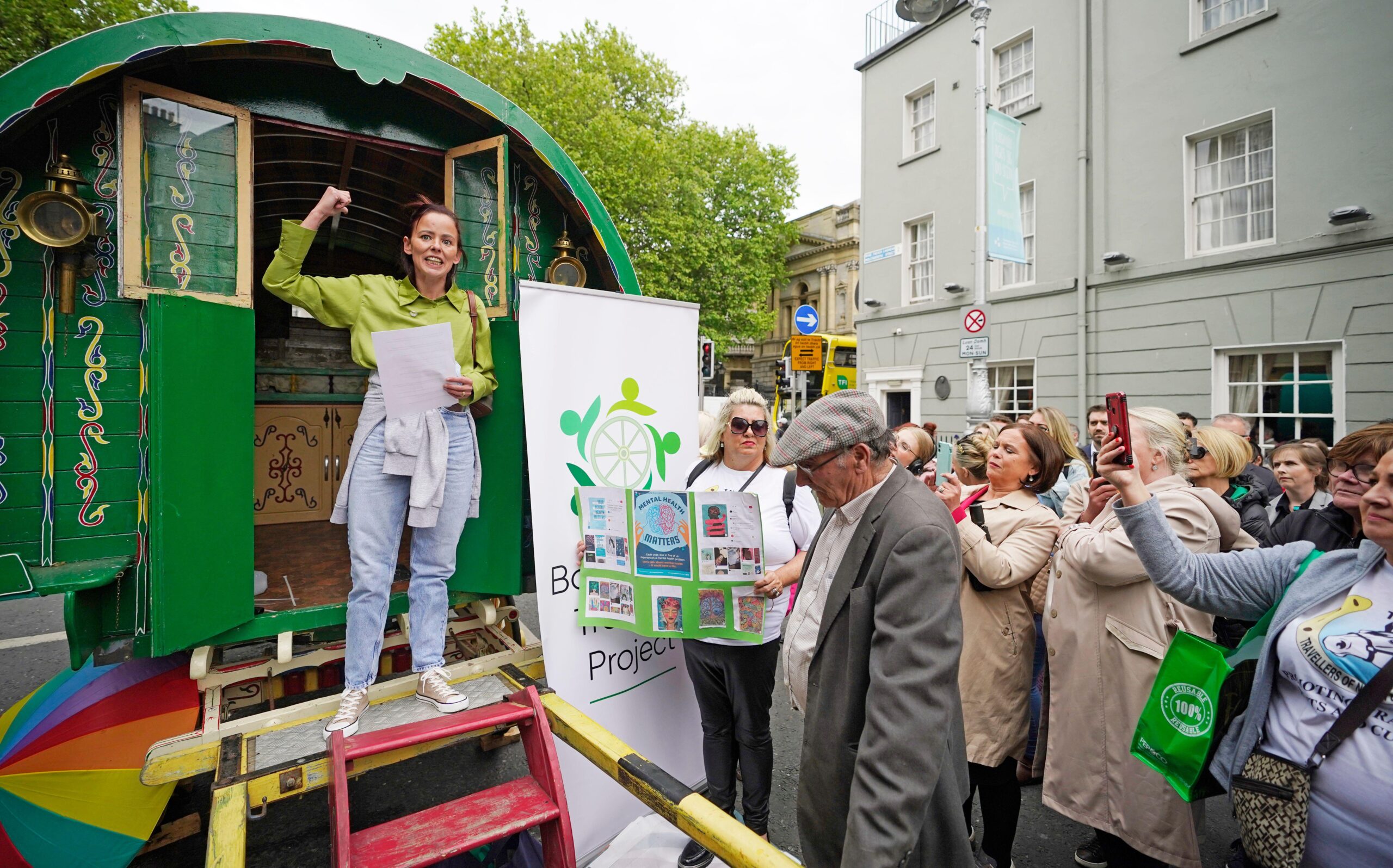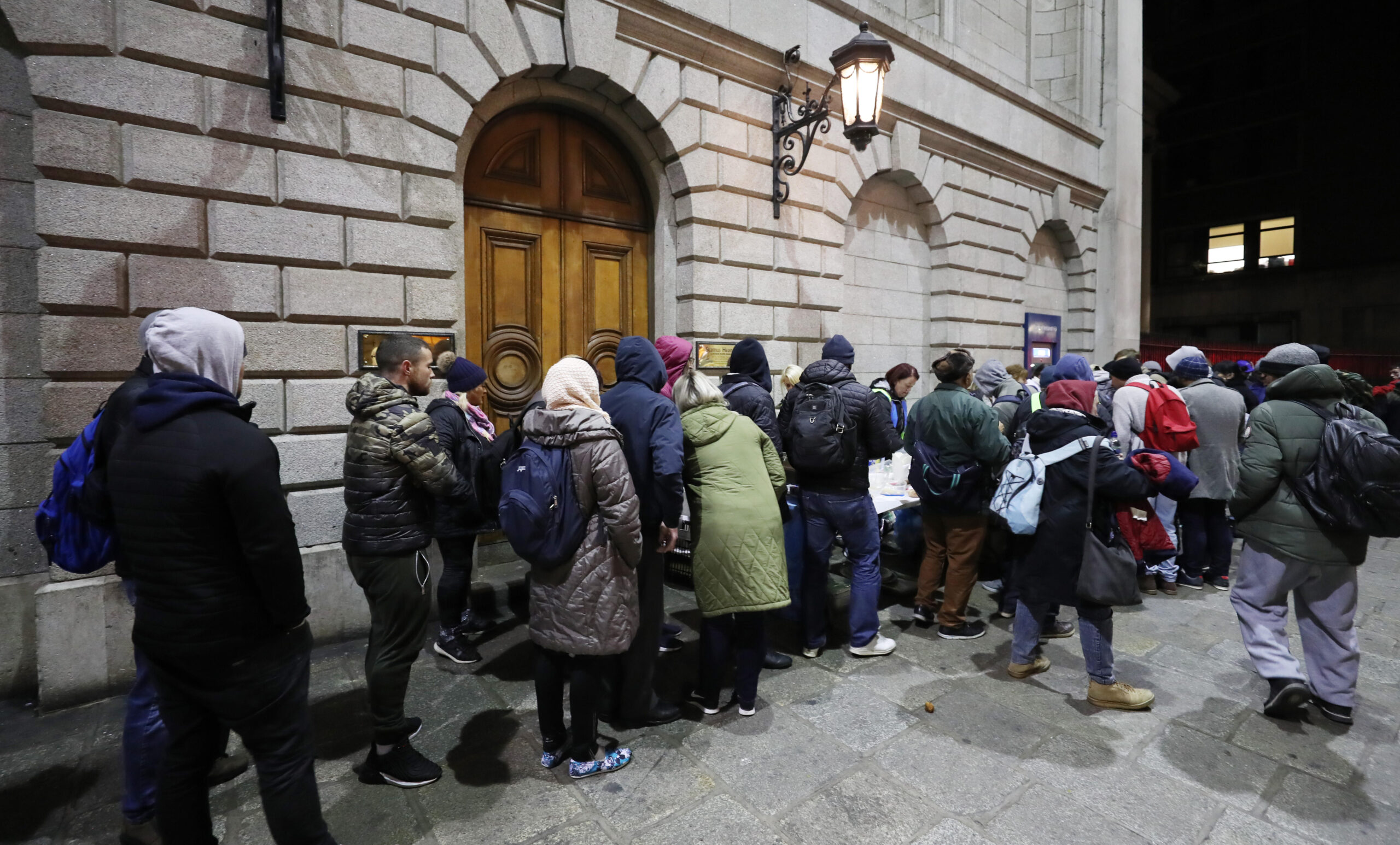
Destabilising the Fight Against Poverty
Introduction Many people in Ireland live in poverty. This daily reality for countless households is evident by the large network of organisations—statutory, community, and voluntary—that seek to alleviate poverty and its pernicious effects. These organisations target an array of demographics and focus on ameliorating its specific symptoms such as unemployment or low educational attainment. It… Read more »


